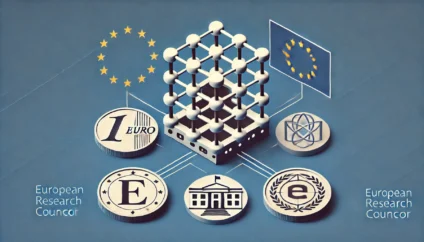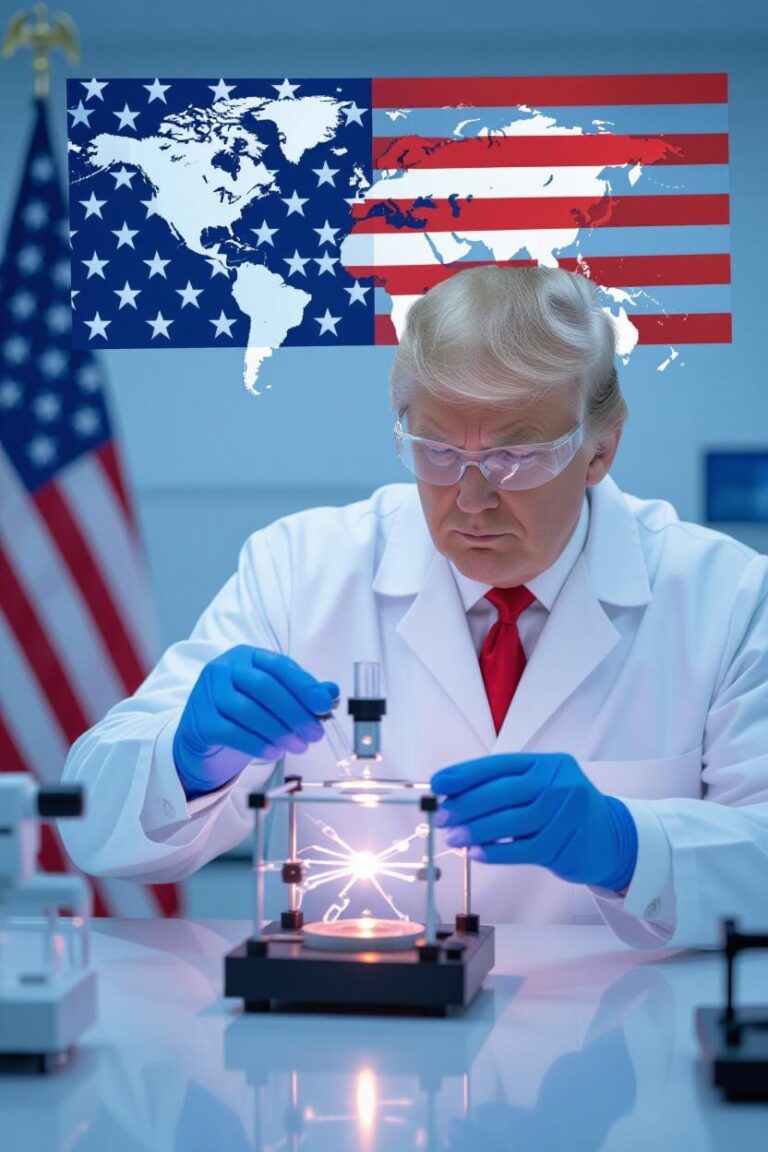
European Research Council Funds Innovative Quantum Simulator Project Across Three Universities
The University of Tübingen, JGU Mainz, and Stockholm University have secured nearly EUR 10 million from the European Research Council to develop advanced ion crystal-based quantum simulators. This project aims to explore complex quantum systems, providing insights into physics, chemistry, and biology, while pushing the boundaries of quantum research.






